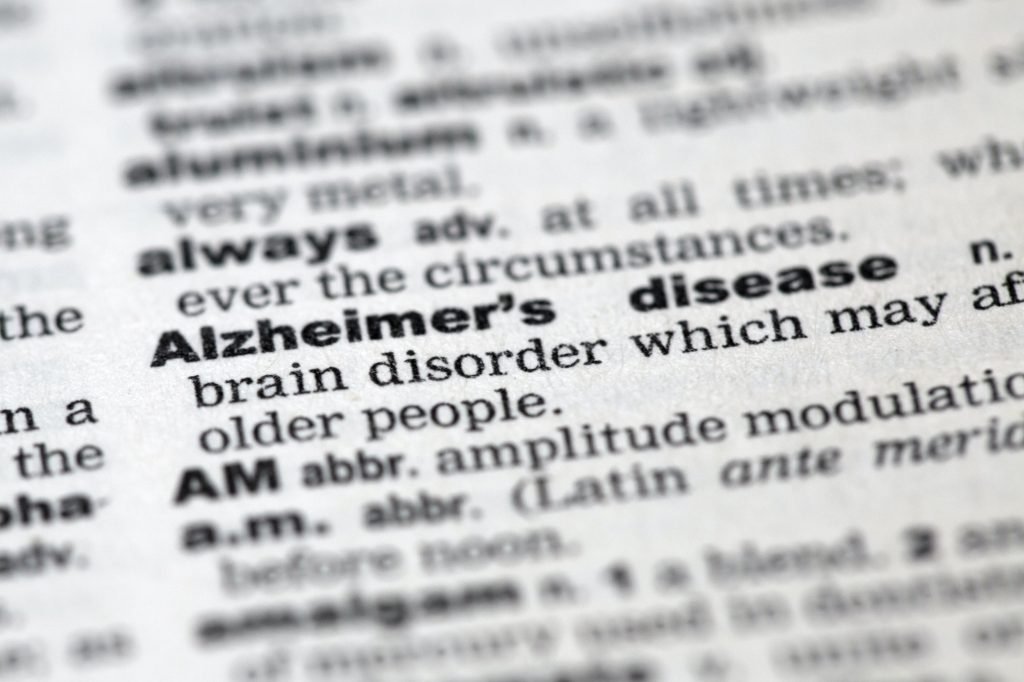
This is the branch of medical science that deals with the study of patterns, causes, and effects of health and disease conditions in specific populations. It involves the collection and analysis of data to understand and control the spread of diseases and improve public health.
Epidemiologists study various factors related to diseases, including their occurrence, distribution, and determinants. They investigate how diseases are transmitted, identify risk factors, and assess the impact of interventions and policies on population health. By understanding the epidemiology of diseases, public health officials can develop strategies to prevent and control the spread of diseases and promote health.

Key concepts in epidemiology include:
- Incidence: The number of new cases of a disease that occur in a population over a specific period of time.
- Prevalence: The total number of cases of a disease present in a population at a given time.
- Risk factors: Factors or conditions that increase the likelihood of developing a disease. These can include genetic predisposition, lifestyle choices, environmental exposures, and socioeconomic factors.
- Outbreak: The occurrence of cases of a particular disease in a population or geographical area that is greater than what is normally expected.
- Epidemic: A sudden increase in the number of cases of a disease above what is normally expected in a population or geographical area.
- Pandemic: An epidemic that has spread over several countries or continents, affecting a large number of people.
Epidemiologists use various study designs and methods, such as cohort studies, case-control studies, and randomized controlled trials, to investigate the causes and distribution of diseases. They also employ statistical analysis techniques to interpret data and draw conclusions.
The field of epidemiology plays a critical role in public health, helping to inform disease prevention strategies, develop effective interventions, and guide health policy decisions. Epidemiologists work closely with other healthcare professionals, researchers, and policymakers to understand and address public health challenges and improve population health outcomes.
